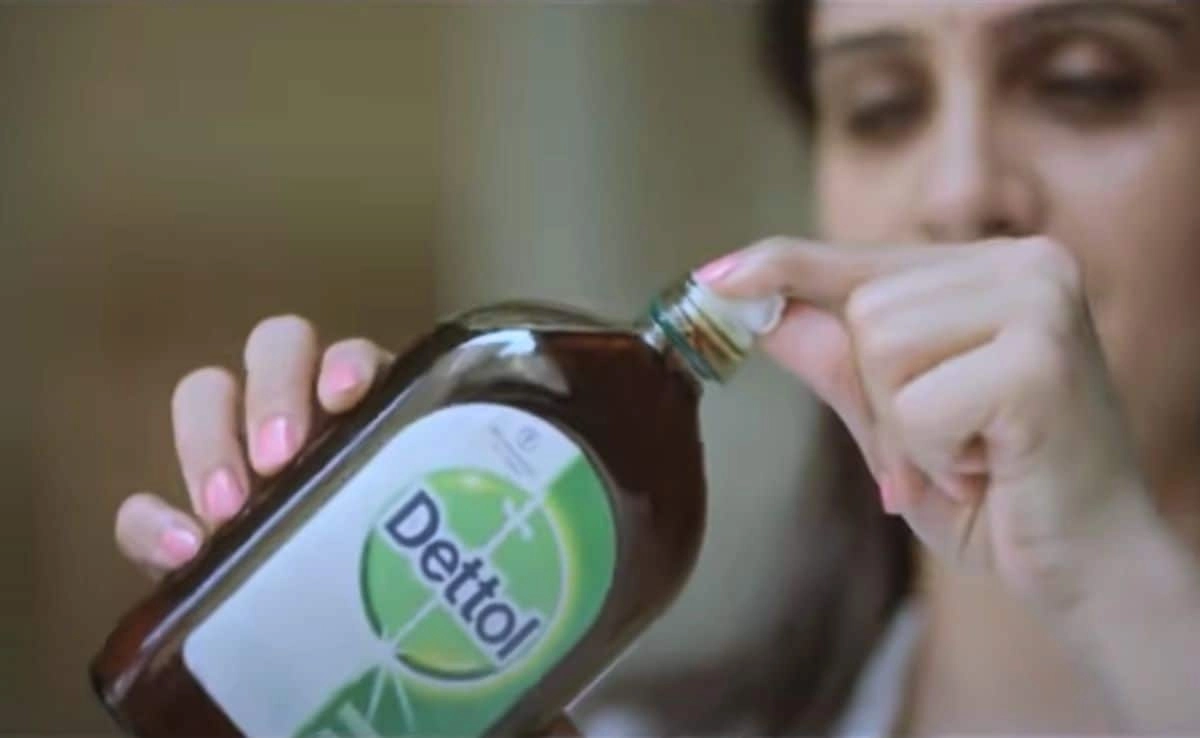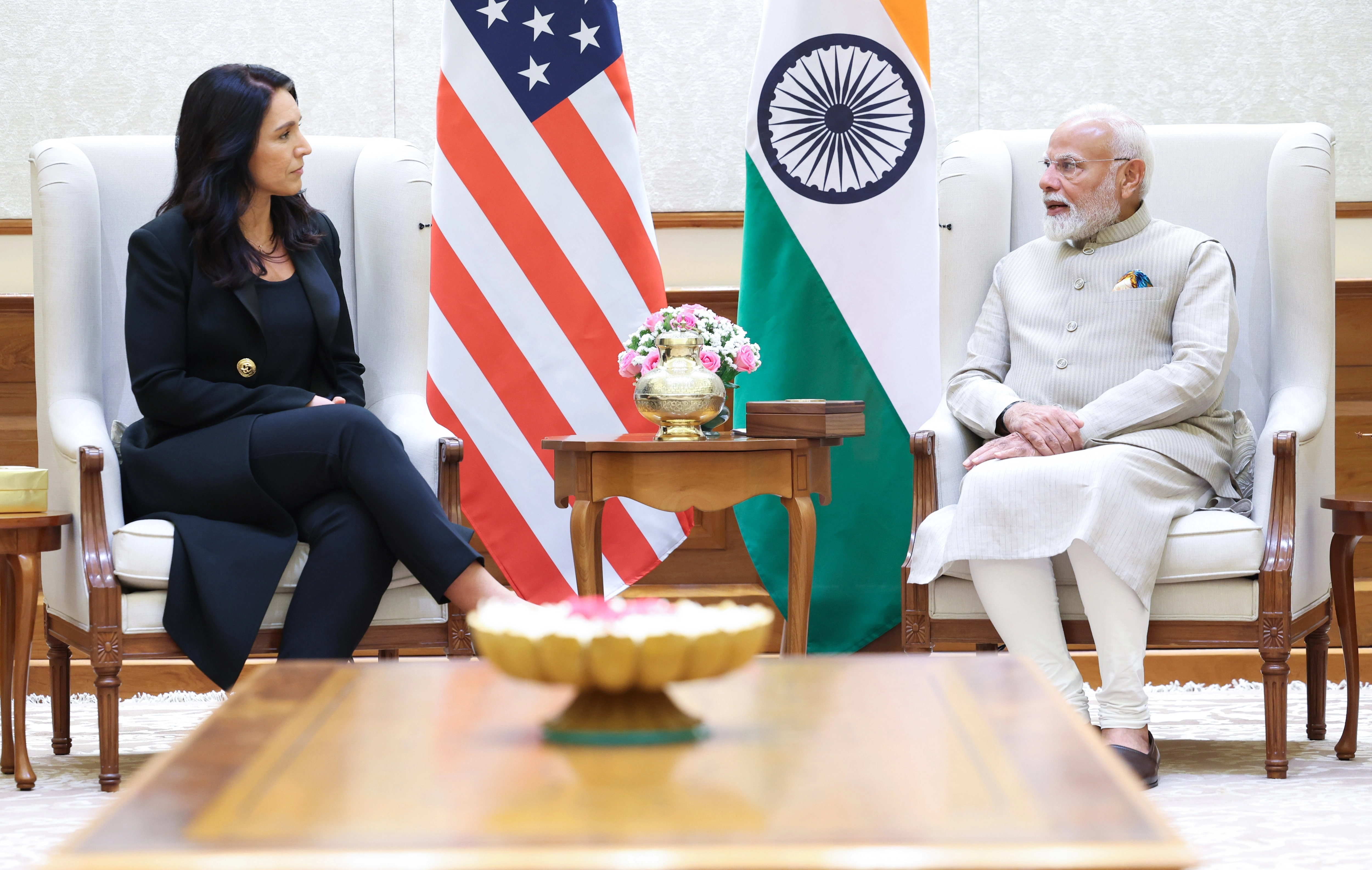The popular antiseptic brand Dettol has recently found itself in the spotlight following a controversial statement made by a podcaster who raised questions about the efficacy and safety of its antiseptic liquid. The podcaster’s comments, which suggested that Dettol’s claims about its product might not be scientifically substantiated, have ignited a significant backlash from the brand. Dettol, known for its long-standing reputation in the market, did not take these allegations lightly and responded vehemently, labeling the podcaster’s assertions as “unscientific.”
In their rebuttal, Dettol emphasized the rigorous scientific research and testing that underpin the formulation of their antiseptic products. The brand highlighted its commitment to consumer safety and the extensive studies that validate the effectiveness of its antiseptic liquid against a variety of pathogens. Dettol argued that the podcaster’s claims could potentially mislead consumers and undermine public health efforts, especially during a time when hygiene practices are paramount. The company’s response illustrates the delicate balance between public discourse and corporate reputation, especially in an era where misinformation can spread rapidly through social media and other platforms.
Furthermore, Dettol’s reaction underscores the importance of relying on scientifically backed information when discussing health-related products. The brand’s commitment to transparency and education is evident in its efforts to clarify the misconceptions that may arise from casual discussions or unverified claims. This incident highlights a broader issue within the health and wellness community, where the intersection of personal opinions and scientific evidence can lead to confusion among consumers. As such, it serves as a reminder for both companies and individuals to approach health discussions with caution and responsibility, ensuring that facts are prioritized over conjecture.
In conclusion, while the podcaster’s intentions may have been to spark a conversation about health products, the backlash from Dettol illustrates the potential consequences of questioning established brands without substantial evidence. As the dialogue continues, it is crucial for consumers to seek out reliable sources of information and for companies to remain vigilant in defending their products against unverified claims. This incident not only serves as a lesson for the individuals involved but also reflects the ongoing challenge of maintaining trust and credibility in the health and wellness industry.




